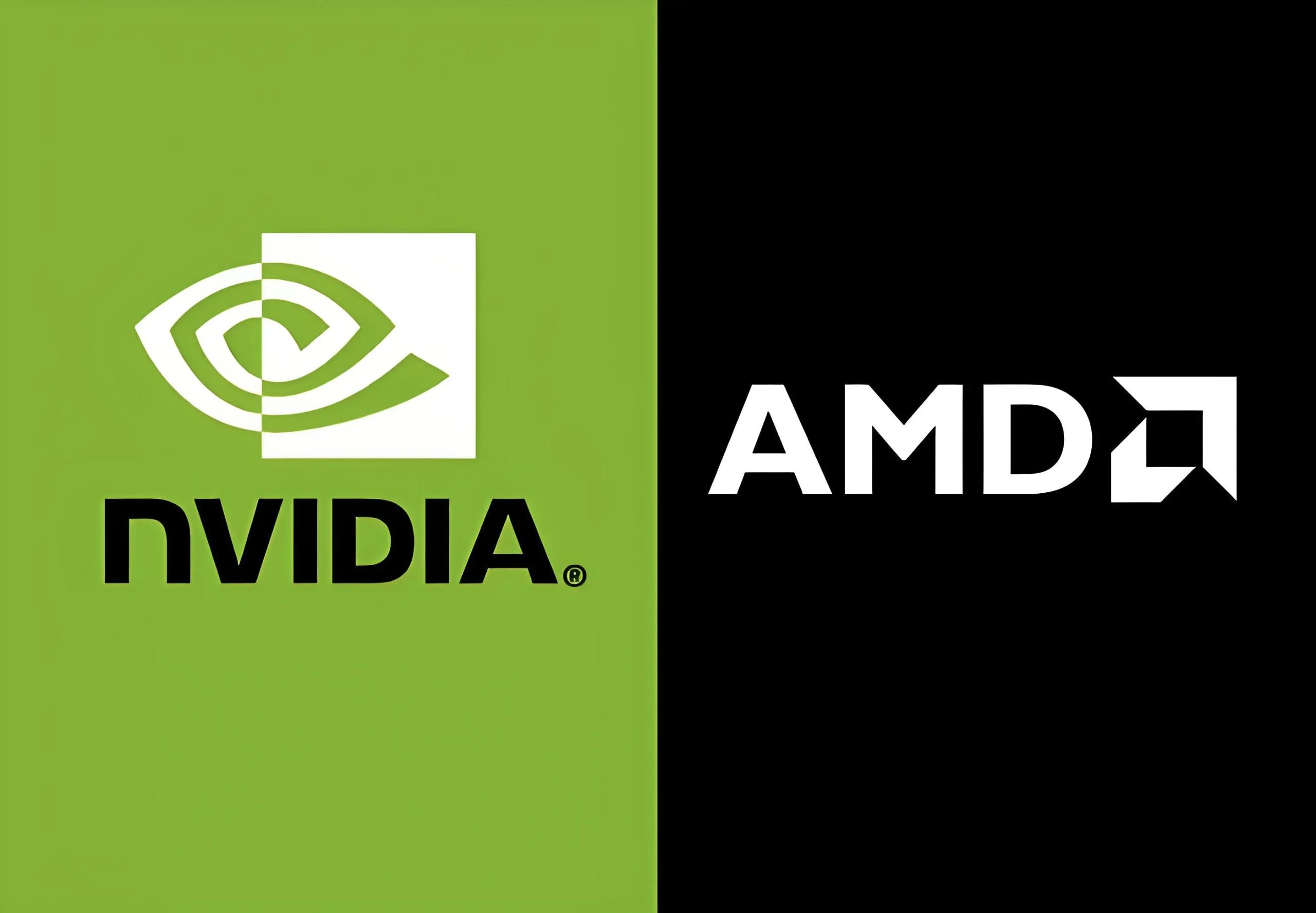
Recently, chipmakers such as NVIDIA and AMD have reached an agreement with the US government to hand over 15% of their revenue from selling artificial intelligence (AI) chips in China in exchange for export licenses. This "chip tax" policy has drawn global attention. This policy not only affects the business layout of related enterprises, but also brings multi-dimensional impacts to the United States at the economic level.
In the short term, the US government can reap direct fiscal benefits. According to Morgan Stanley's estimation, if export restrictions are relaxed, AMD's revenue from the Chinese market could reach between 3 billion and 5 billion US dollars in 2025. In the fiscal quarter ending April 27, 2025, Nvidia's H20 chip revenue in the Chinese market was 4.6 billion US dollars. If it recovers to the previous sales level of 7 billion US dollars, the US government could obtain approximately 1 billion US dollars in revenue from NVIDIA each quarter. In this way, the US government can obtain considerable funds to relieve fiscal pressure. These funds can be invested in public services, infrastructure construction and other fields, stimulating the domestic economy to a certain extent.
At the industrial level, chip enterprises have been able to continue to enter China, the world's largest chip import market, maintaining business operations and revenue growth. China has a huge demand for AI chips, and products from companies like NVIDIA and AMD have vast market potential in China. The continuous operation of an enterprise can safeguard the interests of numerous enterprises in the upstream and downstream of the industrial chain, such as in the links of chip design, manufacturing equipment, and raw material supply. It can prevent the disruption of the industrial chain and the operational difficulties of enterprises due to market loss, and also help maintain the global market share and influence of the US chip industry.
However, in the long term, the negative impact of the "chip tax" on the US economy cannot be underestimated. First of all, it challenges the order of the free market economy in the United States and undermines the rules of market transactions. The United States has always advocated a free market economy. The government has deeply involved in the business operations of enterprises, forcing them to hand over their income in exchange for export licenses. This has undermined the mechanisms of free competition and market self-regulation, increased the uncertainty of business operations and market costs for enterprises, reduced the attractiveness of the US market to global enterprises, hindered foreign investment from entering the United States, and affected the openness and vitality of the US economy.
From the perspective of international competition, the "chip tax" will weaken the global competitiveness of American chip enterprises. Enterprises hand over 15% of their revenue, which leads to a significant increase in costs. To maintain profits, they may raise the price of chips. In the current highly competitive global chip market, price hikes will weaken the price advantage of American chips in the international market, giving competitors an opportunity to take advantage. For instance, Intel is facing strong competition from companies like TSMC and Samsung in the high-end chip market. Moreover, the long-term imposition of the "chip tax" may also lead to restrictions on enterprises' R&D investment and affect their technological innovation capabilities. The chip industry is a technology-intensive industry. Continuous innovation is the key to maintaining competitiveness. When corporate profits are compressed, the funds invested in research and development will correspondingly decrease, which is not conducive to the breakthrough and development of the US chip industry in cutting-edge technology fields. If this situation persists, the leading position of the United States in the global chip industry may be shaken.
The "chip tax" may also trigger a global supply chain restructuring, and American enterprises are facing the risk of supply chain disruptions. This policy of the US government disrupts the normal international trade order, prompting other countries to seek ways to reduce their reliance on US chips, accelerate the construction of their own chip supply chains or cooperate with other countries to establish new supply chain systems. Once the global supply chain reconstruction is completed, US chip enterprises may be excluded from some emerging supply chains, losing market share and business opportunities. The production and operation of related enterprises will also be hindered due to the disruption of the supply chain, affecting the stable operation of the US economy.
The "chip tax" imposed by the United States on chip manufacturers such as NVIDIA and AMD may seem to boost fiscal revenue and safeguard their market share in the short term, but in the long run, its negative impact on the economic order of the United States, the competitiveness of enterprises and the stability of the global supply chain is undoubtedly huge.

报告显示,中国电力投资加速增长,预计2024年电网基建投资将超过5300亿元。
近日,市场迎来了一则引人注目的消息:工业巨头3M公司(MMM.N)在本周五公布了其季度业绩报告,随后股价飙升至近两年来的
最近,外媒给OpenAI算了笔账,今年可能要血亏50亿美元。
近日,巴黎奥运会和世界铁人三项协会联合发布了一项重大决定,宣布因塞纳河水质污染问题,原定于近期进行的奥运会铁人三项首次下
当地时间7月18日,法国巴黎发生了一起令人震惊的持刀袭警事件。
近期,一则重大消息在国际舞台上引起轩然大波,马来西亚宣布加入金砖国家。
调查发现,互联网和智能手机的使用干扰了韩国近五分之一学生的生活。